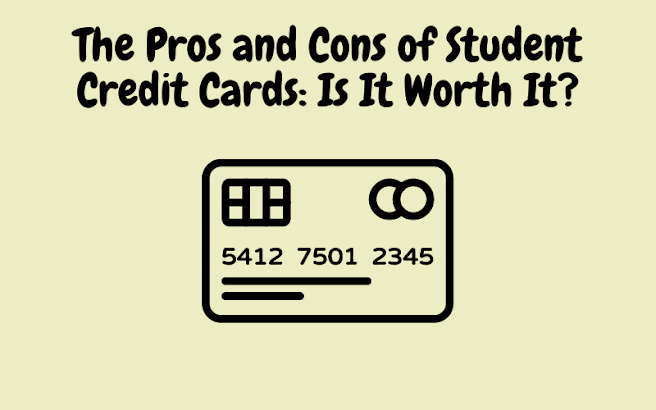Credit Card Debt: How to Manage and Pay it Off
Credit card debt can be especially challenging to manage when you're dealing with high-interest rates and missing out on cashback rewards. However, with the right approach, you can take control of your finances and pay off your credit card debt efficiently. We'll provide you with practical tips on how to effectively manage your credit card debt, reduce your interest payments, and earn cashback rewards while paying off your debt. By following these tips, you can take the first steps toward financial freedom and peace of mind.

Create a budget
The first step in managing your credit card
debt is to create a budget. This will help you understand your spending habits
and identify areas where you can cut back. Start by listing all of your monthly
expenses and income. Then, allocate a certain amount of money to each expense
category, including your credit card payments. Stick to your budget and avoid
overspending to prevent adding more debt.
Pay more than the minimum balance
When you only pay the minimum balance on your
credit card, it can take years to pay off your debt, and you will pay a lot in
interest. To pay off your credit card debt faster, pay more than the minimum
balance each month. This will reduce the amount of interest you pay and help
you pay off your debt more quickly.
Focus on one debt at a time
If you have multiple credit card debts, focus
on paying off one debt at a time. Start with the credit card with the highest
interest rate, as it is costing you the most money. Once you have paid off that
debt, move on to the next one. This approach is called the snowball method,
where you start with the smallest debt and work your way up to the largest.
Consider a balance transfer
If you have high-interest credit card debt,
consider transferring your balance to a credit card with a lower interest rate. This will help you save money on interest
payments and pay off your debt more quickly. Look for credit cards with 0%
introductory interest rates, but make sure to read the fine print and
understand any fees or charges associated with the balance transfer.
Negotiate with your credit card
company
If you are struggling to pay off your credit
card debt, consider negotiating with your credit card company. They may be
willing to lower your interest rate or offer a payment plan to help you manage
your debt. Be honest and transparent about your financial situation, and
explain your plan to pay off your debt.
Cut back on expenses
To pay off your credit card debt faster,
consider cutting back on unnecessary expenses. For example, cancel
subscriptions you don't use or reduce the amount you spend on eating out. Use
the money you save to pay off your credit card debt.
Seek professional help
If you are struggling to manage your credit
card debt, seek professional help. A credit counselor can help you develop a
plan to pay off your debt and provide resources to help you manage your
finances. They can also negotiate with your credit card company on your behalf.
Conclusion
Managing and paying off credit card debt
requires discipline and a plan. Start by creating a budget, paying more than
the minimum balance, and focusing on one debt at a time. Consider a balance
transfer or negotiating with your credit card company to help reduce your
interest rate or set up a payment plan. Cut back on unnecessary expenses and
seek professional help if necessary. With dedication and a plan, you can pay
off your credit card debt and improve your financial situation.


Comments
Post a Comment